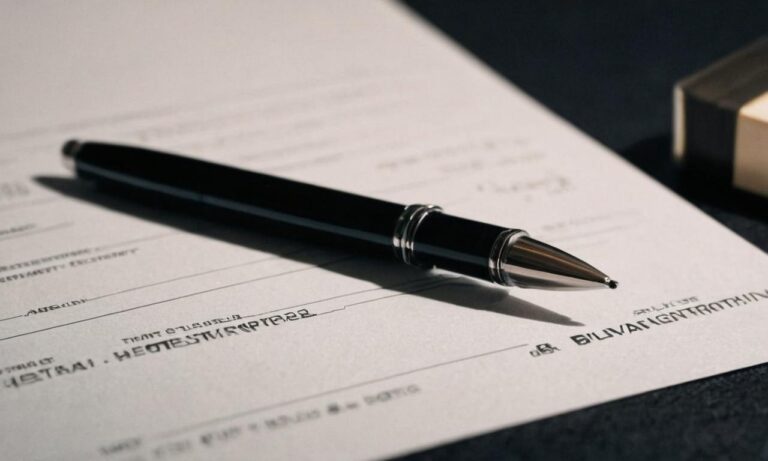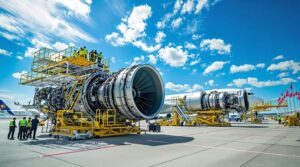Aircraft registration is a crucial aspect of aviation, providing a unique identifier for each aircraft. Many aviation enthusiasts and professionals often wonder about the validity period of an aircraft registration. In this comprehensive guide, we will delve into the intricacies of how long an aircraft registration is valid and the factors influencing its duration.
The Basics of Aircraft Registration
Before we explore the duration of aircraft registration, it’s essential to understand the basics. Aircraft registration involves the assignment of a distinct alphanumeric code to an aircraft by the relevant aviation authority. This code, commonly known as the “tail number” or “N-number” in the United States, serves as the aircraft’s identity.
Typically, the registration process involves submitting specific documentation, including proof of ownership, to the aviation authority. Once approved, the registration remains in effect for a specific period, after which it may need renewal.
Validity Period of Aircraft Registration
The duration for which an aircraft registration is valid varies by country. In the United States, for example, aircraft registration is valid for three years. Pilots and aircraft owners must renew the registration before it expires to ensure compliance with aviation regulations.
It’s important to note that failure to renew the registration on time can result in the cancellation of the registration, leading to legal and operational consequences. Therefore, staying informed about the renewal process and deadlines is crucial for aircraft owners and operators.
Factors Influencing Registration Duration
Several factors can influence the duration of an aircraft registration:
- National Regulations: Different countries have varying regulations regarding the validity period of aircraft registration. It is essential to be aware of and comply with the specific rules of the relevant aviation authority.
- Type of Operation: The type of operation the aircraft is involved in, such as commercial or private use, may impact the registration duration. Commercial operators may face different renewal requirements compared to private owners.
- Changes in Ownership: If there is a change in aircraft ownership, the registration may need to be updated or renewed. This ensures that the aviation authority has accurate information about the current owner.
Renewal Process
Renewing an aircraft registration typically involves submitting updated documentation, confirming ownership details, and paying any applicable fees. Pilots and owners should receive notification well in advance of the registration expiration date to facilitate a smooth renewal process.
Staying proactive and organized is key to avoiding lapses in registration, which can lead to operational disruptions and legal consequences.
In summary, the duration for which an aircraft registration is good varies by country and is typically subject to renewal every few years. Understanding the renewal process and complying with national regulations are vital aspects of maintaining a valid aircraft registration. Pilots and aircraft owners should stay informed and proactive to ensure smooth operations and legal compliance.
Frequently Asked Questions
As aircraft registration is a complex and crucial process in aviation, various questions often arise. Here, we address some frequently asked questions to enhance your understanding:
1. What Documentation is Required for Aircraft Registration?
The documentation required for aircraft registration varies by country but commonly includes proof of ownership, maintenance records, and compliance with safety standards. Check with the relevant aviation authority for specific requirements.
2. Can the Registration Period Differ for Different Aircraft Types?
Yes, the registration period can vary based on the type of aircraft and its use. Commercial aircraft may have different renewal intervals compared to private or recreational aircraft. Be aware of these distinctions to ensure timely renewal.
3. Are There Penalties for Late Registration Renewal?
Penalties for late registration renewal can vary. In many cases, there may be financial penalties, and continued operation without valid registration may lead to legal consequences. Stay informed about renewal deadlines to avoid such issues.
Factors Affecting Registration Fees
Understanding the factors that influence registration fees is crucial for aircraft owners. These fees contribute to the maintenance of aviation systems and services. Here are some key factors influencing registration fees:
| Factor | Impact on Registration Fees |
|---|---|
| Aircraft Weight | Heavier aircraft may incur higher registration fees due to increased wear and tear on infrastructure. |
| Age of Aircraft | Older aircraft may face lower registration fees, reflecting their reduced impact on the aviation system. |
| Environmental Impact | Aircraft with lower environmental impact ratings may qualify for reduced registration fees, promoting eco-friendly aviation practices. |
Conclusion
Exploring the intricacies of aircraft registration, renewal processes, and related factors is essential for a seamless aviation experience. By staying informed and adhering to national regulations, pilots and aircraft owners contribute to the safety and efficiency of the aviation industry.






